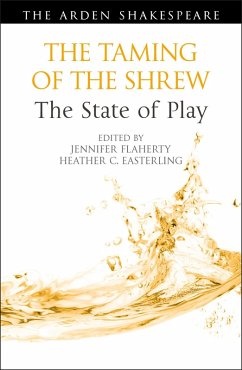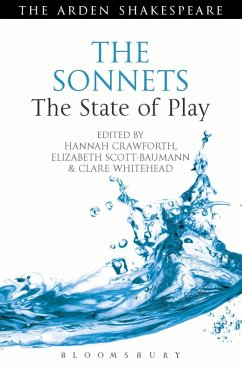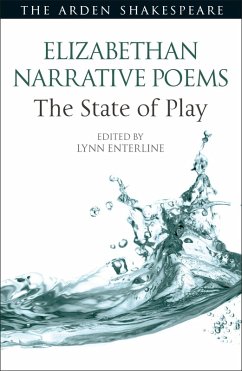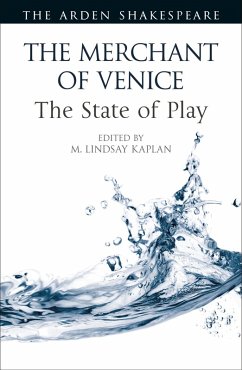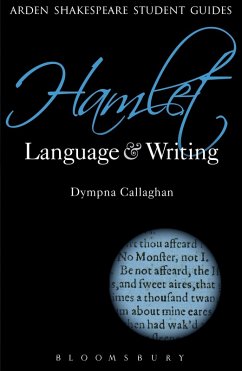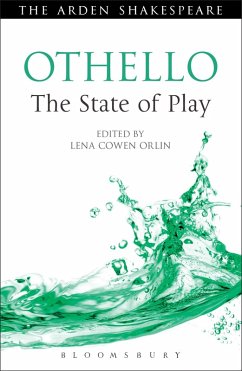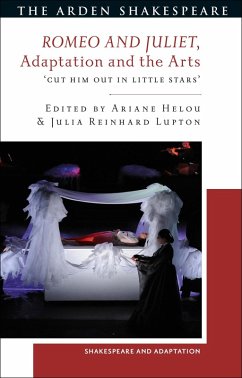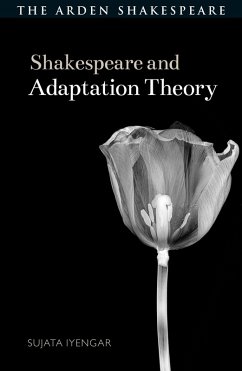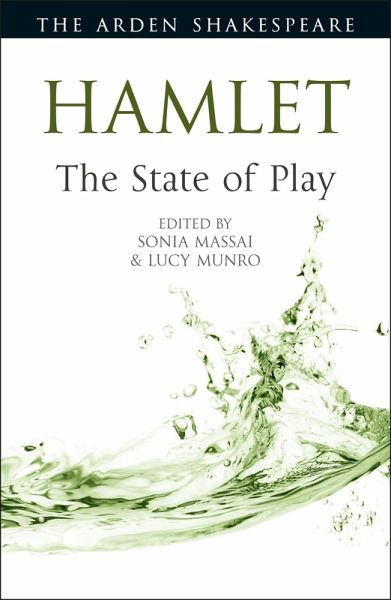
Hamlet: The State of Play (eBook, ePUB)

PAYBACK Punkte
12 °P sammeln!
This collection brings together emerging and established scholars to explore fresh approaches to Shakespeare's best-known play. Hamlet has often served as a testing ground for innovative readings and new approaches. Its unique textual history - surviving as it does in three substantially different early versions - means that it offers an especially complex and intriguing case-study for histories of early modern publishing and the relationship between page and stage. Similarly, its long history of stage and screen revival, creative appropriation and critical commentary offer rich materials for ...
This collection brings together emerging and established scholars to explore fresh approaches to Shakespeare's best-known play. Hamlet has often served as a testing ground for innovative readings and new approaches. Its unique textual history - surviving as it does in three substantially different early versions - means that it offers an especially complex and intriguing case-study for histories of early modern publishing and the relationship between page and stage. Similarly, its long history of stage and screen revival, creative appropriation and critical commentary offer rich materials for various forms of scholarship. The essays in Hamlet: The State of Play explore the play from a variety of different angles, drawing on contemporary approaches to gender, sexuality, race, the history of emotions, memory, visual and material cultures, performativity, theories and histories of place, and textual studies. They offer fresh approaches to literary and cultural analysis, offer accessible introductions to some current ways of exploring the relationship between the three early texts, and present analysis of some important recent responses to Hamlet on screen and stage, together with a set of approaches to the study of adaptation.




